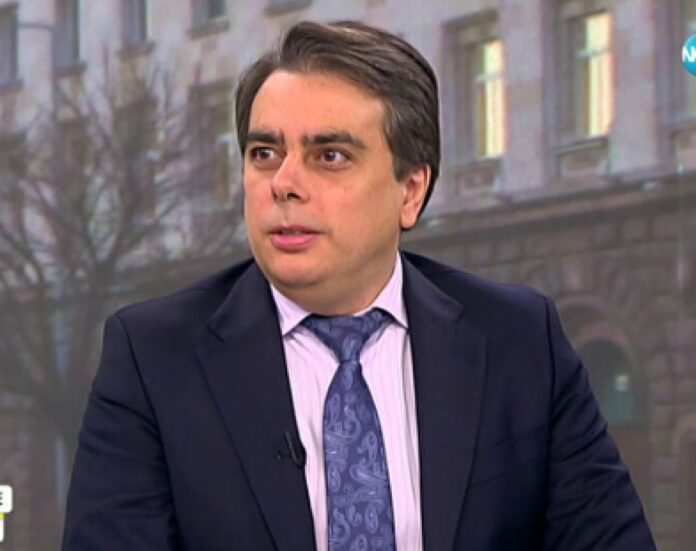
Finance Minister Asen Vassilev highlights economic resilience amidst global challenges
Sofia, Bulgaria: Bulgaria has emerged as the European Union’s leader in income growth after accounting for inflation, according to an announcement by Finance Minister Asen Vassilev during the presentation of the draft Budget 2024.
Vassilev shared detailed insights into the financial framework, calculated with an average annual inflation rate of 4.8 per cent, expressing optimism that the actual rate might be lower based on recent trends.
Minister Vassilev emphasized that the robust growth in incomes is a testament to the resilience of the Bulgarian economy, particularly in the face of challenging circumstances, including the aftermath of the COVID-19 pandemic, the crisis related to the war in Ukraine, and the energy crisis.
The positive trajectory of income is positioned to stimulate economic growth and recovery. The proposed budget outlined by Minister Vassilev reflects a commitment to policies geared towards supporting families with children and encouraging the return of young people to Bulgaria.
In his address, the minister stated, “For the Bulgarian economy to grow, there must be investments, but the other important thing is that there must be adequate pay.”
However, not all voices are in harmony with the optimistic narrative. Rumen Gechev, a Member of Parliament from the Bulgarian Socialist Party (BSP), criticized the budget, asserting that it only ensures slow economic growth in 2024 and lacks substantial reforms in critical sectors.
Gechev argued that more significant efforts are needed to support Bulgarian businesses and exports.
On a different note, Toshko Yordanov, the chairman of the ITN parliamentary group, drew attention to the national debt clock set up by former Finance Minister Nikolai Vasilev, indicating its rapid growth.
Responding to this concern, Minister Vassilev clarified, “Foreign debt is seen as a percentage of GDP, and when you put a clock on how the debt grows, you have to put a clock on how the GDP grows.”
The unveiling of the 2024 budget comes at a critical juncture for Bulgaria as the nation navigates economic challenges while striving for sustained growth.
The contrasting opinions underscore the complexity of economic policymaking, with stakeholders grappling to strike the right balance between stimulating economic activity and managing the national debt.
As the budget undergoes further scrutiny and debate, Bulgaria remains at the forefront of economic discussions within the European Union.
